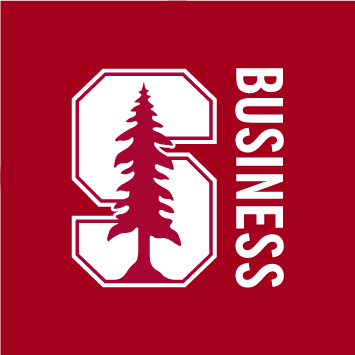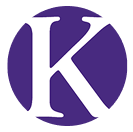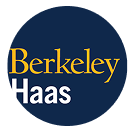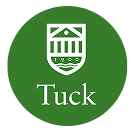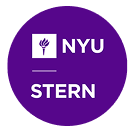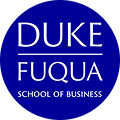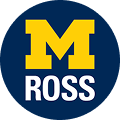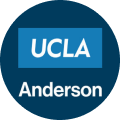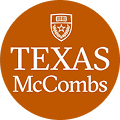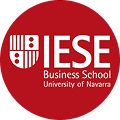Essay Writing: Strategic Advice to Make Your Application Stand Out
Your MBA essays are your best opportunity to grab the attention of the admissions file reader — and leave a lasting impression. In a sea of high-achieving candidates, compelling essays can bring your story to life and elevate your application.
This is where Fortuna’s expert coaches come in. Our team of former MBA admissions decision-makers from top programs share school-specific strategies, proven frameworks, and candid insights to help you write with clarity, purpose, and impact.
Browse our advice for tackling the essays at the top US and international schools below, and learn about Fortuna’s Essay Editing services.
US schools:
International schools:
Your MBA journey starts with a conversation. Talk to us today.




